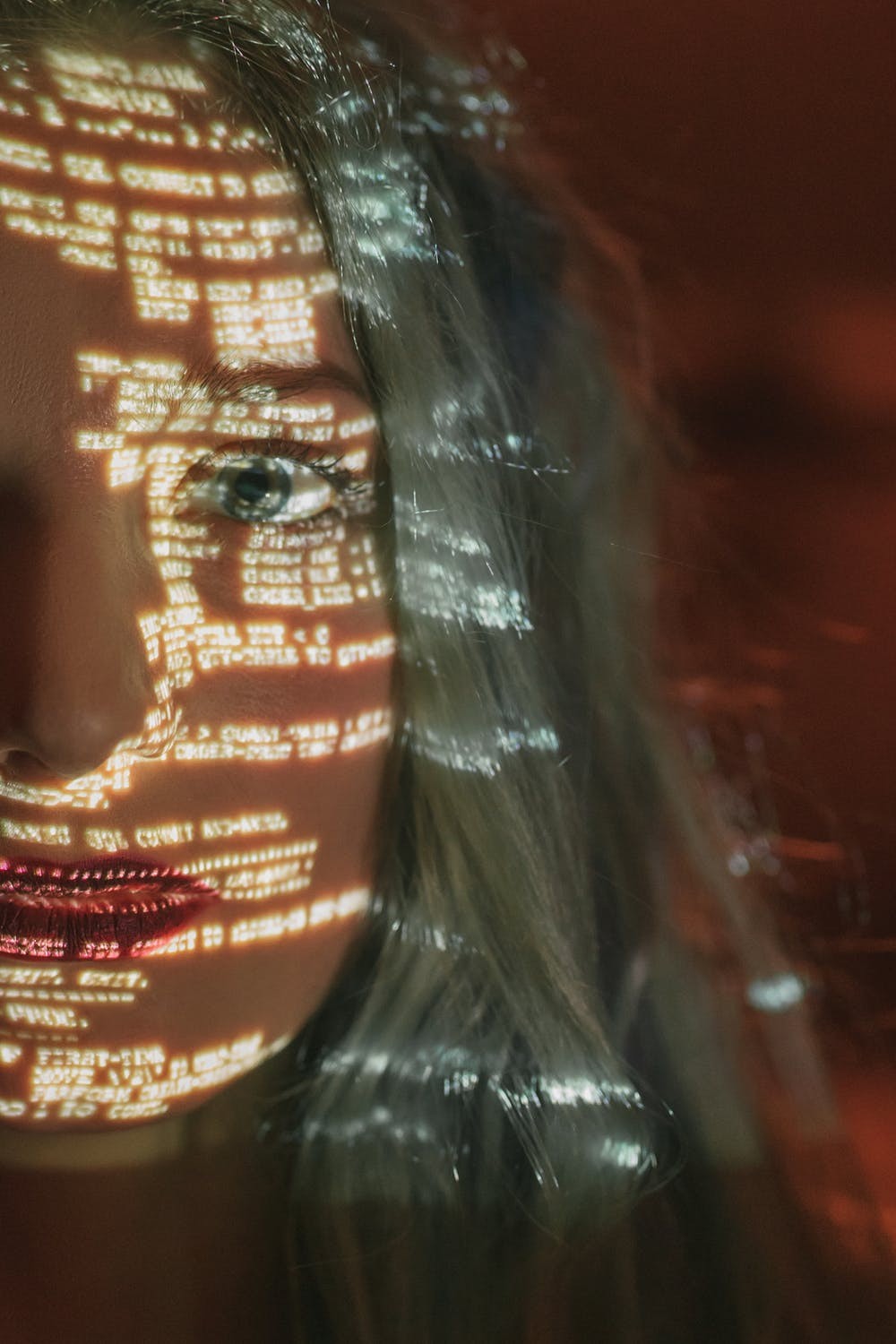Convenience? Convince me.
This story about the Consumer Electronics Show in Las Vegas was on NPR while I was making supper last night. I laughed a cynical laugh.
The story is a giddy pep rally for using “biometric data” — retinal scans, fingerprints, face recognition — to increase tech security by making passwords obsolete. (The Borg, anyone?) It comes on the heels of a week when I’m increasingly aware that technology really does not deliver on its promises because it malfunctions much of the time. Just in the last week, I have:
- tried to create a connection between my Yamaha keyboard and my laptop; I followed the directions perfectly, everything installed correctly, and then… it failed to work. Files I wanted to save to the computer didn’t get saved.
- set up a new website on which the software does not work correctly. In the process of trying to figure out the bugs, an update appeared on the dashboard that turned out to be an empty file. So there it is, a place where you can push buttons that are supposed to perform certain tasks… but they don’t.
- sat down to watch a movie using Chromecast, given to us for Christmas by a relative. 45 minutes later we gave up and watched the movie on the laptop. Chromecast had worked perfectly the day before, but not this day.
- paid some library fines because two emails sent me by the library to notify me of upcoming due dates did not make it to my mailbox. They’re not in my spam folder either, and other emails from the library have arrived safe and sound before and since. 30 minutes at the mail help site was altogether useless. I’ve discovered that several other emails from other parties also never made it to me.
In each case, hours were lost — hours of my life that could have been spent doing something productive rather than futile, something involving my whole body and mind rather than sitting couchbound staring at a screen. I thought computers were supposed to be MORE rational than people. But this is irrational, altogether capricious activity on the part of machines. “There’s a reason why they do these things,” my husband laughs. “The machines aren’t conspiring against you.”
Said reasons escape me, and the machines aren’t talking. (Yet.) When some merely mechanical device in our home breaks — car, washer, furnace — you can call someone and get them fixed. (This doesn’t happen very often, because they usually work. I don’t have to troubleshoot daily or weekly to get clean clothes.) To do that every time a computer malfunctions would break the bank, but in the abstract world of software, self-diagnosis if often a losing proposition. Which only serves to highlight the basic reality that my life has become involved, sometimes dependent, on technologies I don’t understand at all. And the folks who do understand them are getting more and more of my personal data, and more and more of my money, more and more often — thanks to planned obsolescence.
The two reporters discussing the joys of biometric security conclude with a reference to how “incredibly irritating” it is to remember passwords. But passwords are the easy part. I’d like to keep my fingerprints and retinas to myself, thank you very much. What happens if when I turn that all over to the tech companies and then get hacked? Various sci fi movies come to mind in which sinister characters steal body parts to gain access to biometric security systems.
More to the point, though, is the feeling of selling one’s soul. These security measures are billed as privacy protectors. But they are taking our private data to achieve it. And you can bet they won’t work flawlessly, as promised.
How long will it take before the projected scenarios are based on anything close to reality — rather on the assumption that everything will work as planned, with no unforeseen glitches, and no vulnerabilities? It’s easy enough for the techie to point out that I obviously enjoy some technologies. I’m writing this on a computer; I love my car, my oven, my washer and dryer, etc. But that doesn’t mean I have to love every new development that comes along, or that I shouldn’t do a little personal cost-benefit analysis before signing on to the latest and greatest. A little wise skepticism seems to be in order regarding the sunny biometric future projected by the Consumer Electronics Show.



2 Comments
bekahcubed
I’m no Luddite myself – I enjoy technology quite a bit (I’ve got a desktop, laptop, tablet, smartphone, chromecast…technology is involved in almost every one of my daily activities, including my to-do list) – but the promises technology makes and the reality it delivers rarely match up. And every “glitch” makes me more aware of the cost of technology – data lost, time lost, money spent, decreased efficiency re-learning how to do without.
So, yes. Agreed.
Janet
It is a quandary, isn’t it? I ask myself, “Okay, how much of this stuff do I really need?” But the answer isn’t easy to formulate. Steve Jobs is often quoted as saying he created stuff people would want if they knew it existed, and most people seem to think that’s admirable. But I am not so sure. It becomes difficult to roll back to a more critical, self-directed orientation that uses technology to answer certain needs I have, rather than allowing my needs to be defined by technology. (If that makes any sense… :-) )